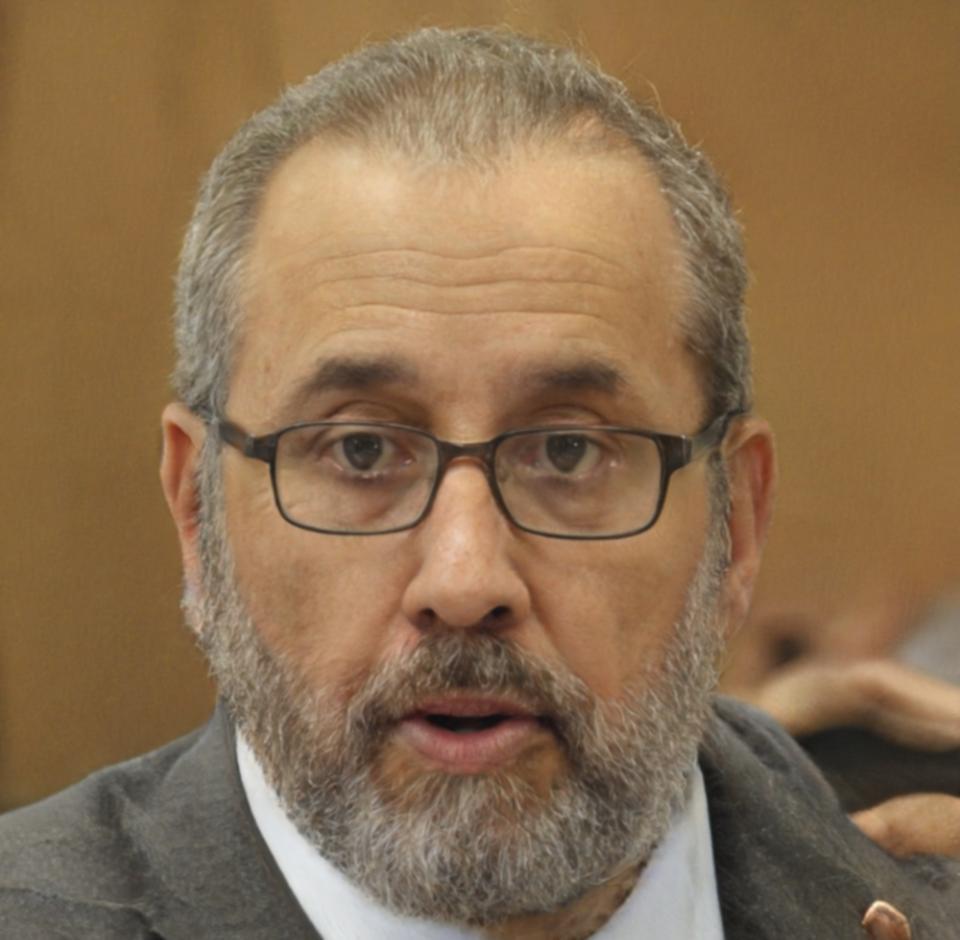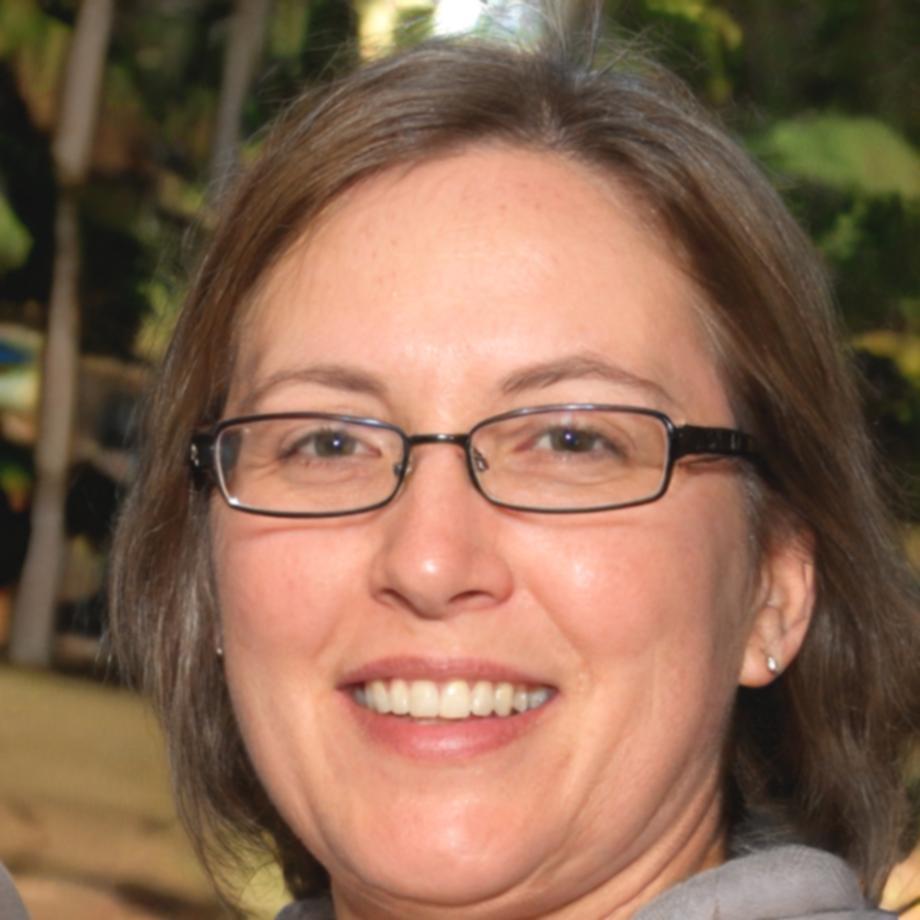Financial Strategy Development Programme
We've spent years working directly with Australian businesses, and one thing keeps coming up. Financial strategy sounds intimidating, but it's really about understanding patterns and making informed choices. This programme breaks down complex concepts into manageable modules that you can actually apply straight away.
Discuss Your Learning GoalsHow the Learning Path Works
Each module builds on the previous one. You won't jump into advanced forecasting before understanding basic cash flow principles. The structure matters because business finance is sequential.
Financial Foundations
Start with the basics that matter most. Balance sheets, profit statements, and cash flow tracking. We focus on what Australian businesses actually need, not textbook theory that doesn't translate to real work.
Budget Planning and Forecasting
Moving beyond historical data into forward planning. You'll work with actual business scenarios where things don't always go to plan. That's where the interesting learning happens.
Strategic Financial Decision Making
This is where theory meets practice. Investment evaluation, risk assessment, and growth planning. We use case studies from businesses similar to yours, which makes the concepts stick.
Team Financial Communication
Numbers mean nothing if you can't explain them clearly. Learn to present financial information to stakeholders who might not share your technical background. This skill often makes the biggest difference.

What Makes This Different
- Sessions are scheduled around business hours, starting September 2025, because we know you're running operations during the day
- Small group sizes mean you get actual feedback on your specific business challenges
- Materials stay relevant to Australian regulatory requirements and business practices
- You'll build a network of other business professionals facing similar financial planning questions
- Each module includes practical assignments based on your own business data
Learn From People Who've Done This Work
Our instructors aren't just academics. They've built financial systems for growing businesses, managed through economic uncertainty, and made plenty of mistakes along the way. That experience matters when you're trying to understand not just what to do, but why certain approaches work better than others.

Henrik Lindström
Spent fifteen years building finance functions for mid-size businesses across Perth and Sydney. Now focuses on teaching the practical skills that actually help teams make better decisions.

Callum Ashworth
Former CFO who prefers teaching to boardrooms. Specialises in breaking down complex financial concepts into language that makes sense to non-finance professionals.

Sienna Kelleher
Brings real-world experience from working with family businesses transitioning to professional management structures. Understands the unique challenges of Australian business environments.
How We Track Progress
Assessment isn't about testing memorisation. It's about making sure concepts stick and you can actually apply them when needed. We use multiple methods because people learn differently.
Some participants prefer written analysis. Others do better presenting findings verbally. The goal is demonstrating understanding, not jumping through academic hoops.

Practical Case Studies
Work through scenarios based on real businesses. These aren't simplified examples. They include the messy complications that make business finance interesting and sometimes frustrating.
Your Own Business Analysis
Bring your actual financial data. Apply what you're learning to your specific situation with guidance from instructors who understand context matters as much as technique.
Peer Review Sessions
Present your findings to other participants. Learning to explain financial decisions clearly is half the battle. Plus you get exposure to different business models and challenges.
Ongoing Feedback
Regular check-ins throughout each module. If something isn't clicking, we address it then, not at some final exam. This keeps everyone moving forward together.
The Support System That Actually Works
Learning financial strategy isn't a straight line. You'll have questions between sessions. You'll hit roadblocks applying concepts to your specific business. That's completely normal, and it's why ongoing support matters more than just delivering content.
Direct Instructor Access
Email questions between sessions. Schedule brief calls when you're stuck on something specific. Our instructors remember that you're juggling this learning alongside running a business.
Participant Community
Connect with other business professionals in similar situations. Some of the best insights come from peer discussions, not formal instruction. We facilitate those connections deliberately.
Resource Library
Templates, frameworks, and reference materials you can adapt to your business. These aren't generic downloads. They're tools we've refined through actual use with Australian businesses.
Post-Programme Support
Learning doesn't stop when formal sessions end. You'll maintain access to materials and instructor guidance for six months after completion. Questions always come up during implementation.

"What helped most was having instructors who understood the difference between textbook finance and what actually works in a growing business. They didn't just teach formulas. They explained when to use them and when to trust your instincts."
Next Intake Begins September 2025
We limit each cohort to twelve participants. This keeps discussion meaningful and ensures everyone gets individual attention. If you're considering joining, reach out soon. Spots fill quickly, and we don't run this programme every quarter.
Get Programme Details